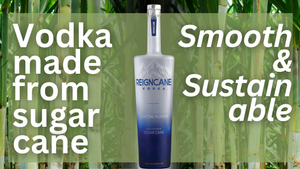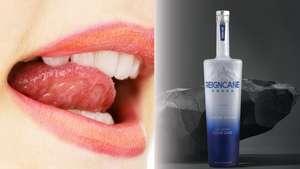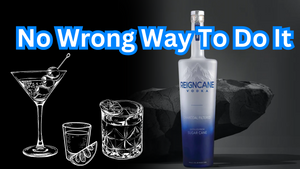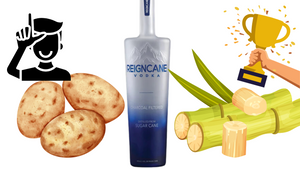Introduction
Vodka, often associated with social gatherings and cocktails, has also been touted as a potential antiseptic. But does this popular spirit truly possess germ-killing properties, or is this merely a myth? In this article, we'll delve into the science behind vodka's disinfectant capabilities, its potential uses and limitations, and safer alternatives for sanitization and disinfection.
Vodka's Alcohol Content and Antiseptic Potential
Vodka's primary ingredient is ethanol, a type of alcohol that does possess some antiseptic properties. Ethanol can disrupt the cell membranes of bacteria and viruses, leading to their inactivation or death. However, the effectiveness of ethanol as a disinfectant depends on its concentration.
Most vodkas have an alcohol content of around 40% ABV (alcohol by volume). While this concentration can kill some germs, it's not strong enough to be considered a reliable disinfectant for medical purposes.
Limitations of Vodka as an Antiseptic
- Insufficient Concentration: The 40% ABV of vodka is below the 60-90% concentration typically required for effective disinfection of most pathogens.
- Limited Spectrum of Activity: Ethanol is primarily effective against bacteria and some viruses but is less effective against spores and certain other microorganisms.
- Risk of Irritation: Applying vodka to open wounds or sensitive skin can cause irritation and dryness.
- Potential for Contamination: Vodka bottles can become contaminated with bacteria if not handled properly, negating any potential antiseptic benefits.
Safer Alternatives for Disinfection
Several readily available products are far more effective and safer for disinfection than vodka:
- Isopropyl Alcohol (Rubbing Alcohol): Available in concentrations of 70% or 91%, isopropyl alcohol is a common household disinfectant.
- Hydrogen Peroxide: Effective against a wide range of microorganisms, hydrogen peroxide is often used for wound cleaning and disinfection.
- Antiseptic Wipes and Sprays: Commercially available antiseptic wipes and sprays are formulated with specific concentrations of disinfectants and are convenient for on-the-go use.
- Soap and Water: Thorough hand washing with soap and water remains one of the most effective ways to remove germs and prevent the spread of infection.
Potential Non-Medical Uses of Vodka
While vodka might not be a reliable antiseptic for medical purposes, it can be used for some non-medical disinfection tasks:
- Cleaning surfaces: Vodka can be used to clean and disinfect hard surfaces like countertops and doorknobs, but it's less effective than dedicated cleaning products.
- Deodorizing: Vodka can help neutralize odors by killing odor-causing bacteria.
- Preserving flowers: Adding a few drops of vodka to a vase of water can help extend the lifespan of cut flowers.
Conclusion
While vodka does contain alcohol, its concentration is not sufficient to make it a reliable antiseptic for medical use. For disinfection purposes, it's best to rely on proven disinfectants like isopropyl alcohol, hydrogen peroxide, or commercially available antiseptic products. Vodka can still be useful for certain non-medical cleaning and deodorizing tasks, but it should not be considered a substitute for proper disinfection in healthcare settings or for treating wounds.







